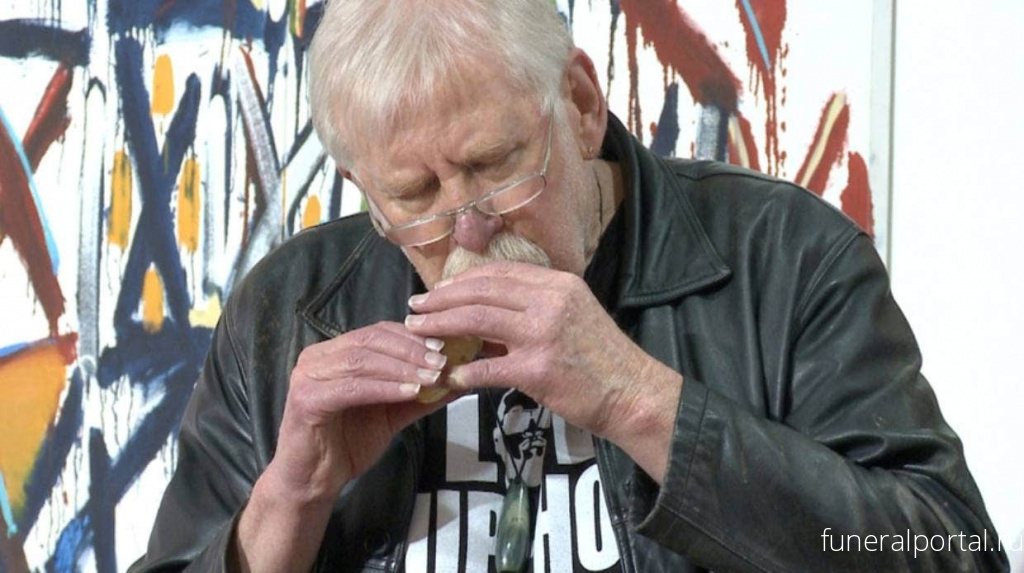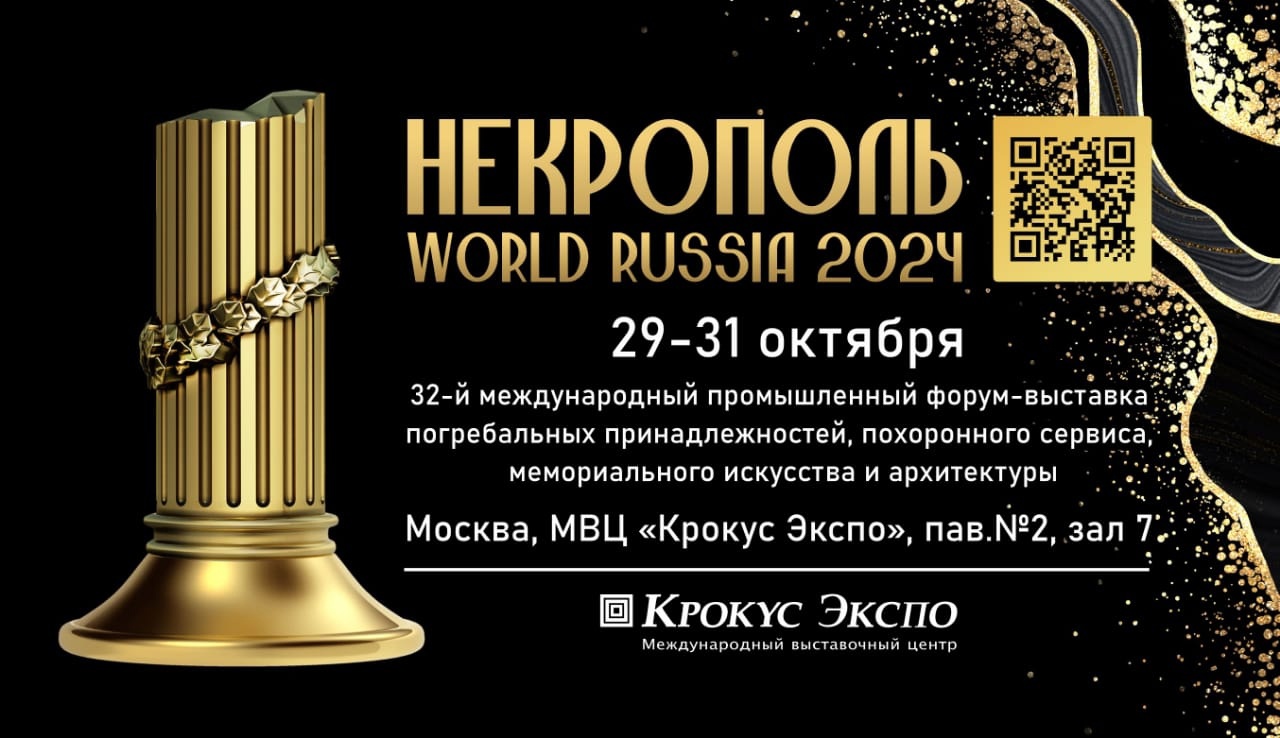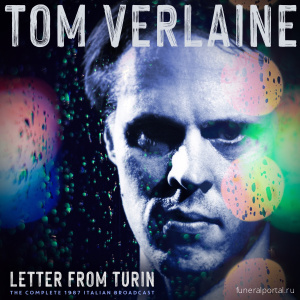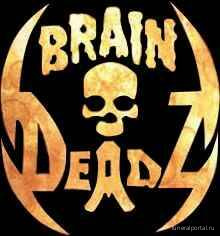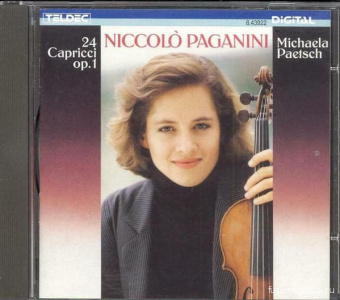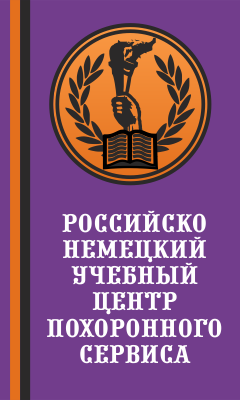Katy Jones, Scott Yeoman
Kei te pō te tīmatatanga o te waiatatanga mai a te atua, ko te ao, ko te ao mārama, ko te ao tūroa.
It was in the night where the gods sang the world into existence, from the world of light into the world of music.
Longtime friend and collaborator Horomona Horo shared a Māori whakatauki (proverb) that he said was a favourite of Nunns’.
Richard Nunns, who helped lead the revival of traditional Māori instruments or taonga pūoro, has died.

COLIN SMITH/STUFF - Dr Richard Nunns holding a pūtōrino (flute/trumpet) worked with a team to bring old Māori sounds to a generation who thought it was lost forever.
The former Nelson College for Girls teacher was 75 .
He died on Monday afternoon in Nelson, surrounded by friends and family after a long battle with Parkinson’s disease.
Nunns, working with the late Māori musician Hirini Melbourne and Nelson artist and carver Brian Flintoff, were credited for reviving interest in taonga pūoro.
Nunns was awarded the lifetime contribution to Māori music prize at the Waiata Māori Music Awards in 2012.
He was diagnosed with Parkinson’s in 2005.
Nunns, Flintoff and Melbourne documented evidence from museums and private collections, visited marae to find out about the traditional instruments and their uses, and together over 30 years, gathered the fragments of knowledge to bring the instruments back to life.
Throughout his career Nunns worked with about 90 instruments of 40 different kinds, from kōauau (small flute) to the more recognised pūtātara (conch-shell trumpet). He had a collection of over 70 traditional wind and percussion instruments.
He used them to bring the sounds of early New Zealand to life in countless musical forms.
In 2009 he received a Queen’s Service Medal, was inducted into the New Zealand Music Hall of Fame with Melbourne and became an Arts Laureate of New Zealand.
He was married to poet Rachel Bush who died in 2016. He is survived by two daughters, five grandchildren, two brothers and a sister.

MARION VAN DIJK/STUFF - Nunns plays a traditional trumpet or pūkāea at a ceremony marking the start of the pest proof fence for Nelson’s Brook Waimarama Sanctuary in 2014.
His daughters Lucy and Molly Nunns said they loved their father very much and that he was an “amazing man” and an “amazing father and grandfather”.
“We are very proud of all of his achievements.”
Flintoff said Nunns was a tōtara, a leader in the world of taonga pūoro, and a cornerstone in the instruments’ revival.
Flintoff had been with Nunns for the last few days, visiting him in a rest home in The Wood, where his room was adorned with “lovely messages with the biggest superlatives you can use”.
“It's very sad because it’s an amazing friendship that’s gone on over 40 years, with an amazing person.”
Working with Nunns and Hirini Melbourne was a “wonderful coincidence”, that started when he met Nunns around 40 years ago when they were both teachers.
They were asked separately to go to Motueka for a meeting of the kaumātua to discuss stories for Whakatū Marae.
“During the evening we found out that we had common interests and they were sort of on opposite ends because Richard was so wonderful at playing the instruments … and I was interested in making things, and I had started making the same sort of things.”

PATRICK HAMILTON/STUFF - Nunns and Whirimako Black perform in Nelson in 2012.
Later they met Melbourne, who “had a dream” of reviving the instruments after seeing some in Auckland Museum when he was young.
“It was a beautiful revival that was done within Māoridom and really caught on, and is famous around the world for the way it has revived the tradition,” Flintoff said.
“He [Nunns] was a real cornerstone of the revival that has really swept the country and has enriched so many people’s lives.”
Longtime friend and collaborator Horomona Horo said Nunns had been “really sick for a number of years now”.
“And over those years he’s had a number of people visiting him in his hospice [care] in Nelson, which the family are really grateful for.”
Horo – a musician, composer and taonga pūoro practitioner who was mentored by Nunns – said: “He was a very well-loved personality in the Māori music world and not only in the Māori music world, but in the music world overall.”
He said Nunns was “a master of environments that could weave stories through music”.
“He was our pāpā. He was referred to by many elders in the many gatherings up and down the country as a tohunga. Our tohunga in the world of traditional Māori musical instruments. He would make instruments sing – the peaks of the mountains, through to the valleys, and the rustling branches in our forests.
“He loved music. He was able to connect with the elders of the Māori world in a way, through story, that disconnected any form of racial barrier.”
Horo (Ngāpuhi, Taranaki, Ngāti Porou) said he called his two mentors, Melbourne and Nunns, “my ebony and ivory”.
“They could make people laugh, cry, make people angry and then quite emotional, all within a minute. And the passion and character that both Hirini and Richard had was magical. They were, for me, a perfect combination of showing the rest of New Zealand how biculturalism could work. How Māori and Pākehā could, just like the words of the song, 'live together in perfect harmony'.”
Performer, composer and anthropologist Rob Thorne said Nunns was a dear friend, mentor, kaiako and tohunga.
“The contribution that Richard has made to Māori culture, New Zealand culture as a whole, to Māori music and greater New Zealand music, to indigenous music and the world of musical improvisation globally, to the science and practice of anthropology, and to me personally, as a Māori human being, musician and anthropologist, are profound and palpable, and will be ongoing.”
Thorne (Ngāti Tumutumu, Tainui) said Nunns was humble and gracious and openly thankful of the honour, purpose and delights that his work gave him.
“He has taken with him a lifetime of mātauranga, wisdom and practice. Things that never made it into books, articles, interviews, performances, conversations. His goodwill and beauty, his purpose and intention, his wairua and mana live on though, in what he did leave for us and in all those he ushered, with awhi and aroha into a living relationship with te ao Māori and taonga pūoro.”
Composer, sound artist and improviser Dr Jeremy Mayall said his creative connection with Nunns started through conversations in lecture rooms, and later became collaborations in performance and recording scenarios.
“It was always a joy to share the stage with this generous and creative individual. He was an intricate listener, a wise giant, and a connector of people and ideas,” Mayall said.
“His mahi will live on, his creative legacy is profound, but above all his open-minded attitude and generosity, alongside a healthy dose of cheeky humour, that seemed fundamental to who he was will always hold true to those who were fortunate enough to connect with him.”
Nunns also had a strong affiliation with the University of Waikato, where he was the music department’s longest-serving research associate, dating back to the 1990s.
“Most of the music staff have collaborated with him on composition and recording projects at some time,” Professor Martin Lodge said on Tuesday.
He said his own friendship with Nunns went back 40 years to when they were both students at the university, and they had worked together several times over the years.
“He’ll be greatly missed.”

